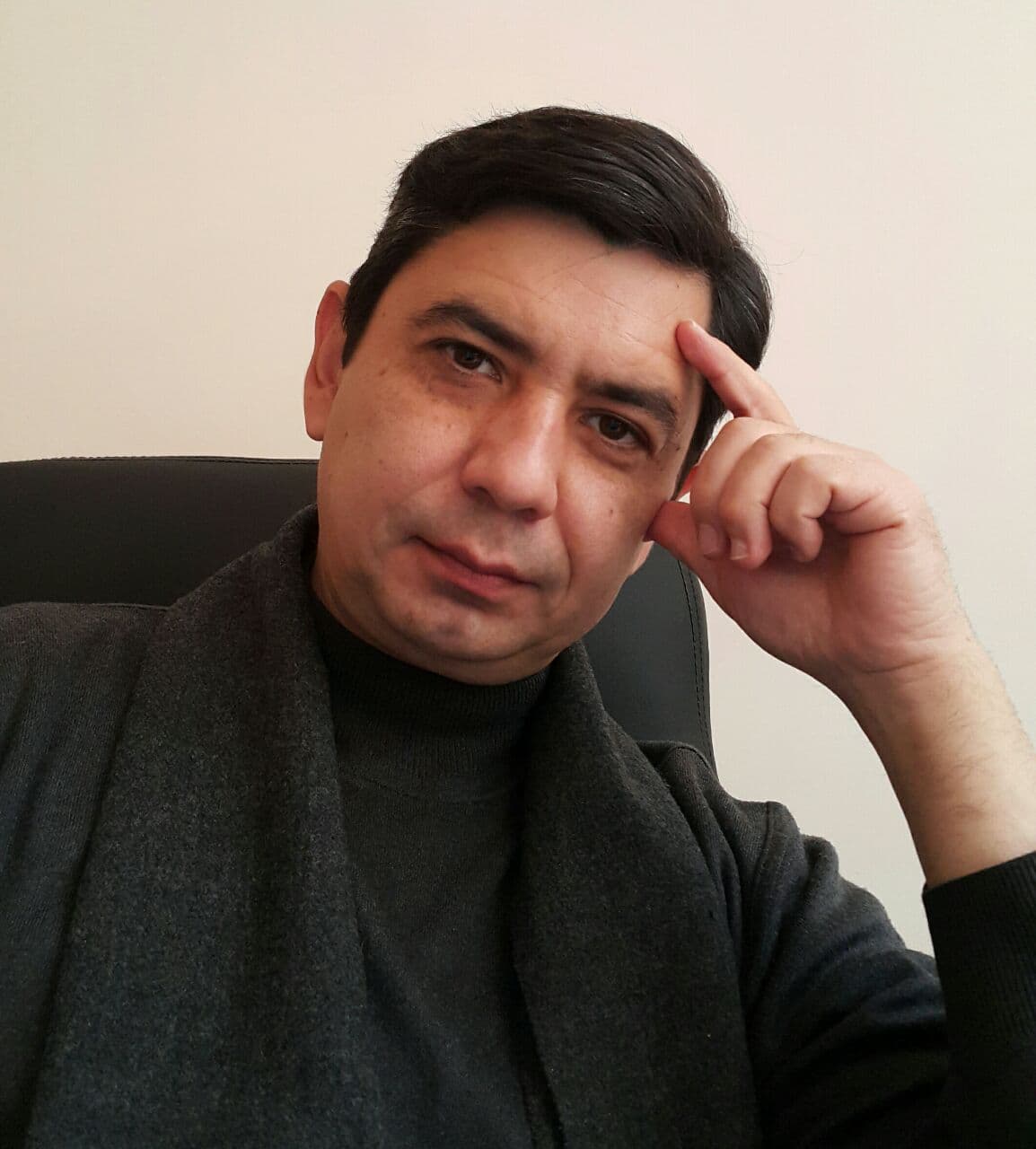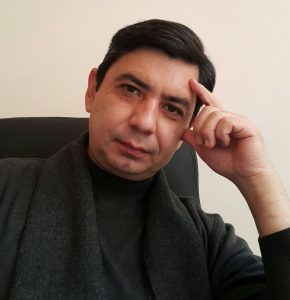Mansur Shamilevich good afternoon, thank you very much for taking the time for the interview. How long have you been working as a traumatologist? And everyone is interested in the question why did you decide to become a doctor?
Good afternoon, I have been working as a traumatologist for more than 20 years since 2001, when I completed my residency at the Institute of Traumatology and Orthopedics at the Department of Professor U.S.Islombekov.
To begin with, there was not a single doctor in our family. In the last grades of the school, we had the so-called training and production day, when instead of school, the whole class of us went to study in various specialties, such as a locksmith, turner, graphic designer, and there was also training in the medical field, namely, a junior nurse for patient care. Having chosen this training, I began studying once a week and helping to care for patients in the old building of the Institute of Neurosurgery. The work consisted of sanitary cleaning of wards, preparing patients for surgery and helping doctors with bandages. In general, after 2 years of working there, I decided that I would continue to work in medicine.
What do you consider your success in work?
Each patient is usually always an individual, although injuries are similar in nature, but the ability to choose an individual approach to each patient, to determine the correct tactics of treatment and further rehabilitation, which will allow the patient to recover in the shortest possible time and with fewer consequences for the patient, comes with practice and experience. I was lucky that despite the difficulties of my profession, the difficulties of the first years of independence of the republic, when many doctors left the profession for higher-paying jobs and business, I continued to replenish my work experience. Therefore, I consider my success to be a large number of good treatment results and grateful reviews about me from my patients.
The most difficult case in your practice?
There are a lot of such cases, it will not work to choose one of them. Probably the most severe patients are patients with multiple bone fractures and damage to internal organs after car accidents and falls from great heights. Operations for vital indications are always very laborious and lengthy and can last several hours in a row. Of course, after such shifts you get very tired, but seeing that the patient recovers soon, you understand that another difficult day in your practice saved someone’s life.
Your advice to athletes on how to train properly so as not to get injured during training, as well as during the game?
The process of training to a greater extent depends on the level of personal preparedness of the athlete, his physical condition and psychological preparation. The advice in this case is quite simple – always warm up well before and after training, wear only comfortable shoes and clothes that do not constrain movements and correspond to the season, be extremely collected during training and, of course, train only with a good mood and positive attitude. Then there will be much less injuries and poor results.
How do you deal with symptoms of stress and fatigue?
Well, there are a lot of recipes here … Yes, there is enough stress and fatigue in our profession. I won’t open America if I say that watching a good comedy or vice versa drama helps to fight them (according to the mood), a delicious homemade dinner, good music and of course sleep (I really like to sleep, although I don’t always get enough sleep). And I think it’s also a great way to relax for myself to walk around the city center in the park in the evening. I love the theater very much, but, of course, I’ve been there less and less lately, there’s always enough work…
Thank you very much, it was a pleasure to talk to you!
Press Secretary of the Rugby Federation of Uzbekistan M. Abdumalikova


